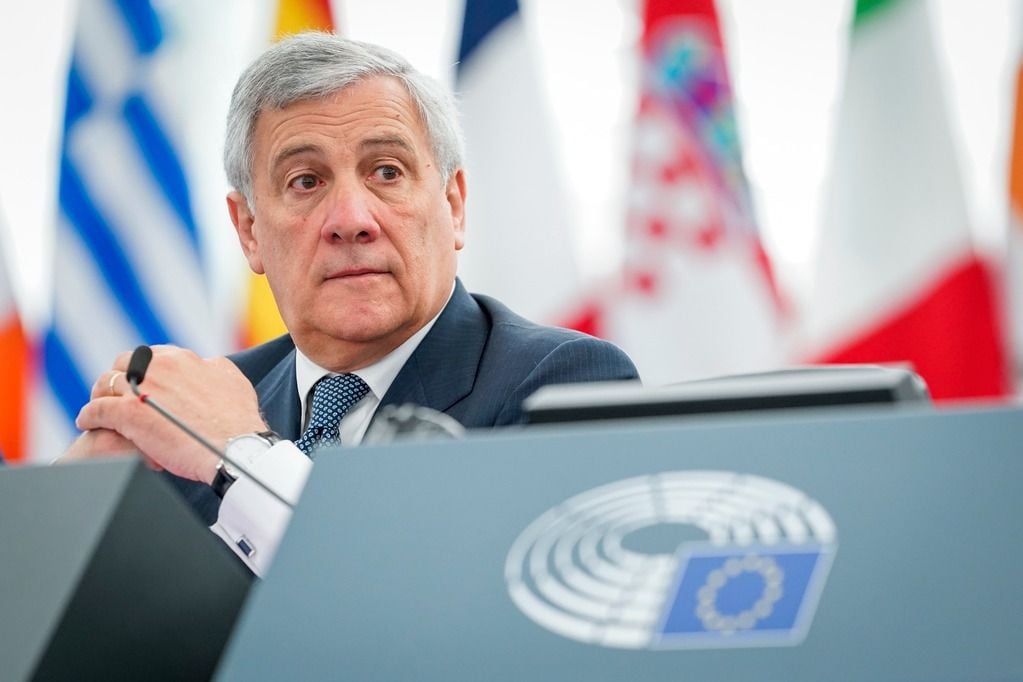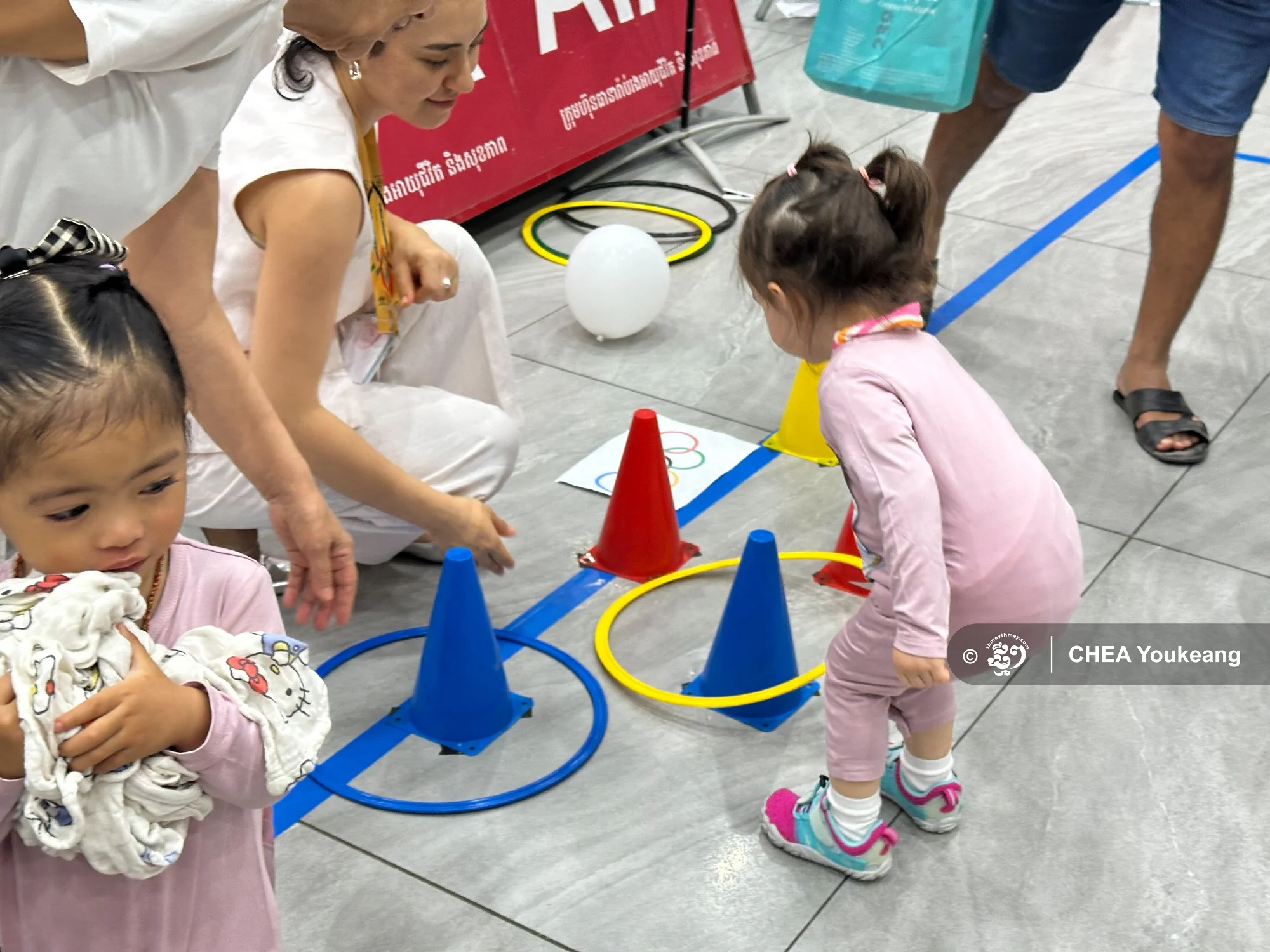Italy is preparing to formally request a global ceasefire from the United Nations (UN) in advance of the Milano-Cortina 2026 Winter Olympics. This initiative was announced by Italian Foreign Minister Antonio Tajani on October 7th.
The proposal draws inspiration from the ancient Greek Olympic tradition, where warring city-states would observe a sacred truce during the Games. This ancient custom allowed athletes and spectators from all regions to travel safely to Olympia and participate in the competitions, fostering a temporary cessation of hostilities. While the concept of a universal truce has been advocated by Olympic organizers, it has largely been overlooked in modern Olympic history, spanning from the inaugural 1896 Games up to the upcoming 2024 Paris Olympics.
The Milano-Cortina 2026 Winter Olympics are scheduled to take place from February 6 to 22, 2026. Foreign Minister Tajani elaborated on Italy’s intention to revive this ancient ideal, emphasizing how the original Olympics aimed to redirect rivalries into sporting competition rather than armed conflict. Italy, as the host nation, seeks to rekindle this spirit ahead of the next Olympic Games.
During an international meeting in Rome, Tajani stated, “In view of the Milano-Cortina 2026 Games, we want to demonstrate the purpose of having a global ceasefire, as the Olympics are meant to embody a universal truce. The proposal, which will be submitted to the United Nations, will specifically address conflicts such as the wars in Ukraine and the Middle East. We must act as a champion of peace.”
Beyond this Olympic-focused diplomatic effort, Italy has also noted that the United States supports ongoing efforts to end the conflict in the Gaza region. Furthermore, Pope Francis, the head of the Catholic Church and sovereign of the Vatican City State, has consistently appealed for global peace and an end to conflicts worldwide. The ongoing conflict in Gaza, which Israel states began with an attack by Hamas extremists in 2023, has reportedly resulted in the deaths of over 60,000 people, including more than 17,000 children.






